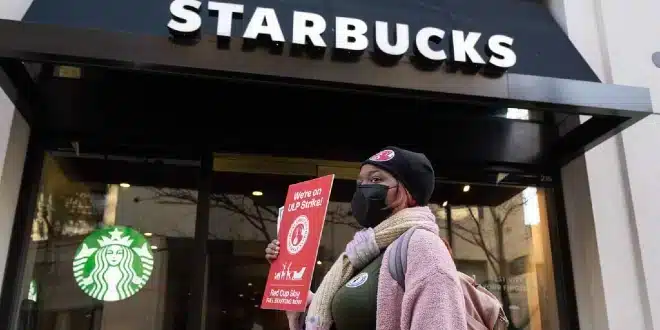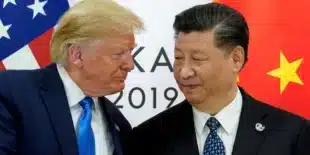On Tuesday, August 13, Starbucks announced a leadership change, replacing its current CEO, Laxman Narasimhan, with former Chipotle executive Brian Niccol. This move comes amid growing concerns about the coffee giant’s financial health, which has been affected by declining sales. The downturn is partly linked to a widespread backlash over the company’s alleged connections to Israel.
The backlash began after a letter, now discredited by Starbucks as fake, claimed that the company was funding the Israeli military during the ongoing conflict in Gaza, which started in October of the previous year. The claim sparked outrage, particularly in West Asia and other regions supportive of the Palestinian cause, leading to calls for a boycott of Starbucks. Despite the company’s repeated denials of any involvement with Israel or any military operations in the Middle East, the controversy has had a lasting impact.
Starbucks issued a statement emphasizing its stance against violence, saying, “Starbucks is a global company committed to providing a place where everyone feels welcome and a sense of belonging, anywhere in the world. Our hearts break for all affected by the violence and conflict in the Middle East. We’ve always condemned violence against the innocent.” The company also reiterated that it has “never contributed to any government or military operation.”
Despite these clarifications, the brand continues to face backlash, particularly in West Asia, where the controversy has significantly affected its business. In response to the declining sales, Starbucks franchises in the region had to lay off 2,000 employees in March.
Brian Niccol is set to take over as CEO on September 9. In the interim, Chief Financial Officer Rachel Ruggeri will serve as the acting CEO.


